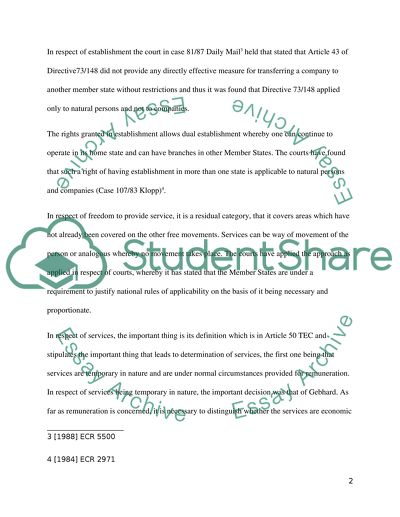Cite this document
(“EU LAW Essay Example | Topics and Well Written Essays - 1500 words - 2”, n.d.)
Retrieved from https://studentshare.org/law/1429421-eu-law
Retrieved from https://studentshare.org/law/1429421-eu-law
(EU LAW Essay Example | Topics and Well Written Essays - 1500 Words - 2)
https://studentshare.org/law/1429421-eu-law.
https://studentshare.org/law/1429421-eu-law.
“EU LAW Essay Example | Topics and Well Written Essays - 1500 Words - 2”, n.d. https://studentshare.org/law/1429421-eu-law.


